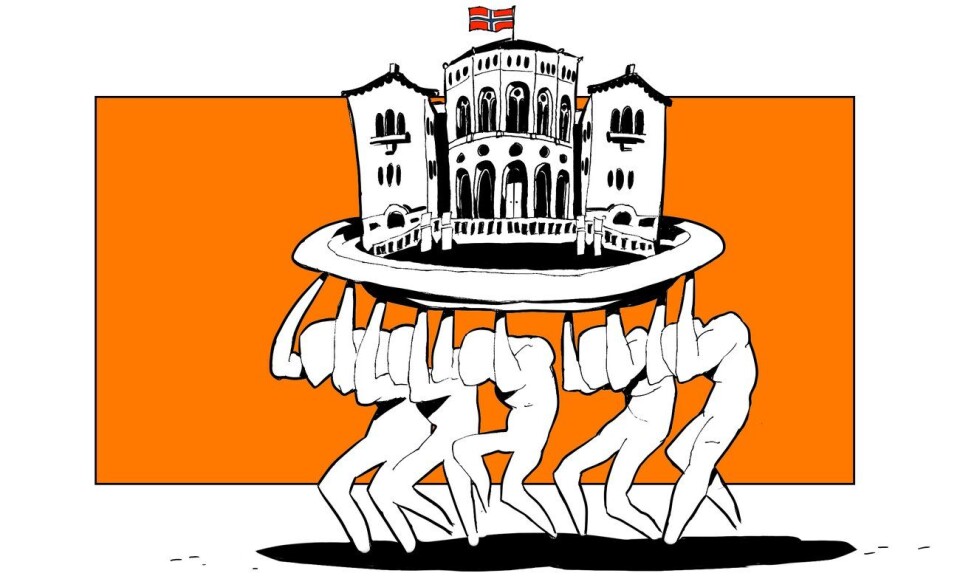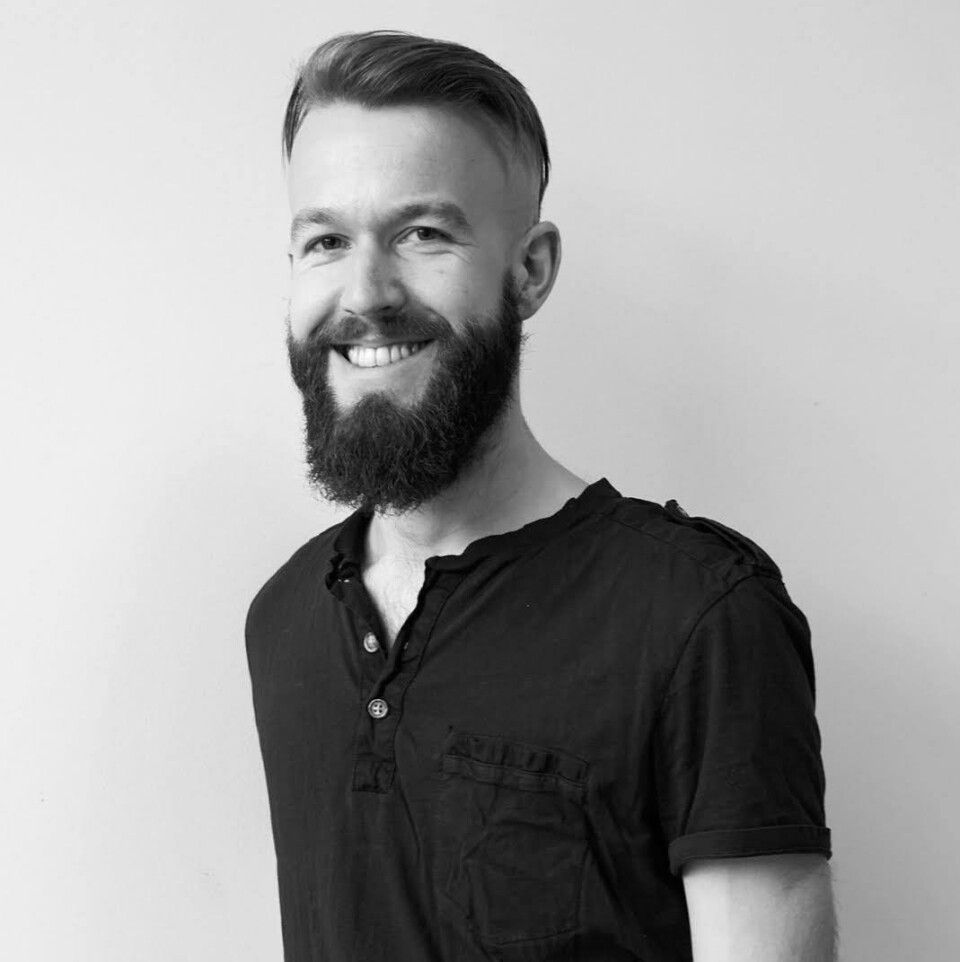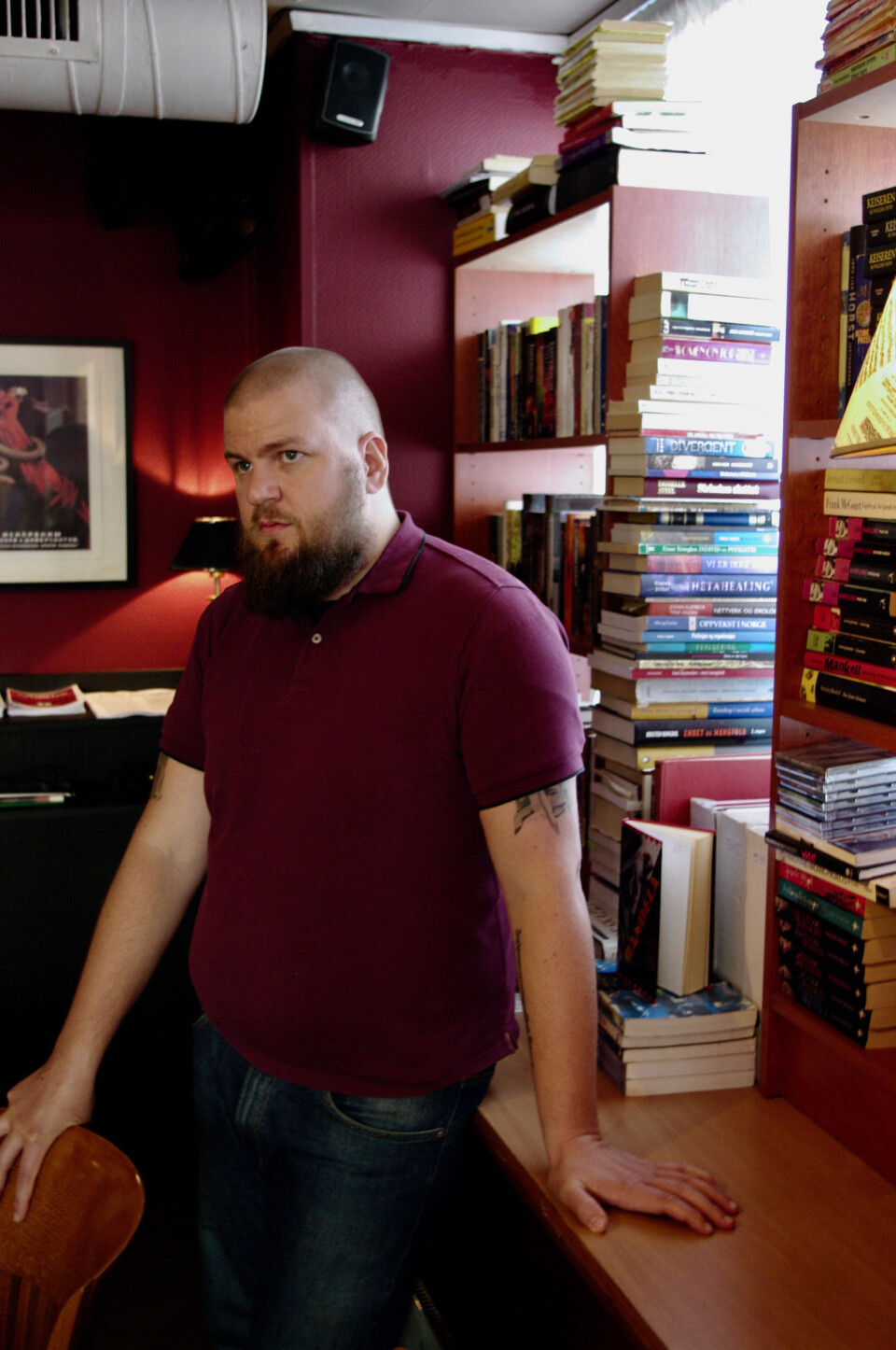
– It is not the duty of citizens to vote, it is the duty of politicians to be worthy of the vote
Despite extensive campaigning a portion of the Norwegian electorate chooses to abstain from voting.
On Monday the 11th of September, Norway voted for a new parliament after a suspenseful race and a nationwide campaign to get people up and out to the voting booths. However, not everyone found a candidate to their liking.Turnout ended at 78,2%. About a fifth of the eligible population did not, or were not able to vote. This percentage has remained roughly the same ever since the 1989 parliamentary elections, signalling a continuous trend in Norwegian voting habits.
A variety of people

According to Toril Aalberg, Professor at the Department of Sociology and Political Science at NTNU, the non-voters are a diverse group. Still, she claims some patterns are visible.

– One of the strongest predictors is age. Young people use their right to vote less frequently than older voters. There is also a clear link between using your right to vote and the belief that voting is a citizen’s duty when you live in a democracy, she says.
Jens-Fredrik Nakken is a youth politician who ran for parliamentary office in the latest election. During politically active years in Venstre’s youth division in Trondheim, he has identified various types of electoral abstainers.
– I know several abstainers, but the most vocal proponents usually tend to have a political motive. It's usually the extremes of the political spectrum, both left and right. To these people, voting in a parliamentary election serves as a sign of legitimizing the establishment, Nakken says.
Distinct from the politically extreme stands another group – the non-believers. This group includes many migrants of foreign background, but also Norwegians with a lower education and income.
– My opinion is that the less integrated in society you are, the less likely you are to vote. A fifth of the people choose not to, and a large share of that might just be because they don’t identify as part of the system, or they don’t feel like they’re being heard, Nakken explains.
No compromises
Kenneth Fuglemsmo is a member of Tjen Folket, a communist organization that has taken the position of boycotting the election. The group dismisses the claim that taking part in the elections is the only, or best way to be politically active, instead preferring different methods.
– We aim to build our own movement, not contribute to any other. I was a member of the Red Party of Norway for many years. Before that I was in the leadership of the Worker’s Communist Party and also a member of Red Electoral Alliance – the two parties that merged into the Red Party in 2007, Fuglemsmo explains.
Fuglesmo says he left the party because the overwhelming majority of the modern Red Party consists of members of the old Red Electoral Alliance, for all intents and purposes making them the same party.
– My main problem with the Red Party is that they operate as a supporting party, or as a junior partner in the Red-Green alliance. They claim they do this because they prefer Labour over the right wing coalition, but I believe it’s all semantics. Nobody is holding a gun to their head, they could choose to support neither of the two big coalitions.
A citizen’s duty or a politician’s responsibility?
The question of whether citizens have a moral obligation to vote is often debated. Society invites us to take part in deciding its course, and some see not voting as a wasted chance to change the world.
– I agree voting is a citizen’s duty.“But I know that more people, especially among the younger generations, stress voting as a right, and not a duty. Technically they are correct, but I see it as support for our democratic system, says Toril Aalberg, Professor at the Department of Sociology and Political Science at NTNU.
If you perceive the current system as futile, ineffective or cruel, the claim of voting as a duty loses its meaning altogether, as is the case with Fuglemsmo and many like-minded activists.
– Rather than it being a duty of citizens to vote, it is a duty of the politician to be worthy of the vote. Some people are left without representation. When hanging up posters announcing our intent to boycott, we are often approached by people. They’re mainly people of lower income, and they’re very happy we make this choice. There simply isn’t an alternative for them in the current system, Fuglemsmo says.
In addition, Fuglemsmo sees boycotting the election as a strong political statement, disconnected from the labels of ignorance and irresponsibility that some attach to it.
– I believe you’re making an ideological choice anyway. Whether you don’t believe the parties can solve your problems, or whether you just don’t bother to vote.

































